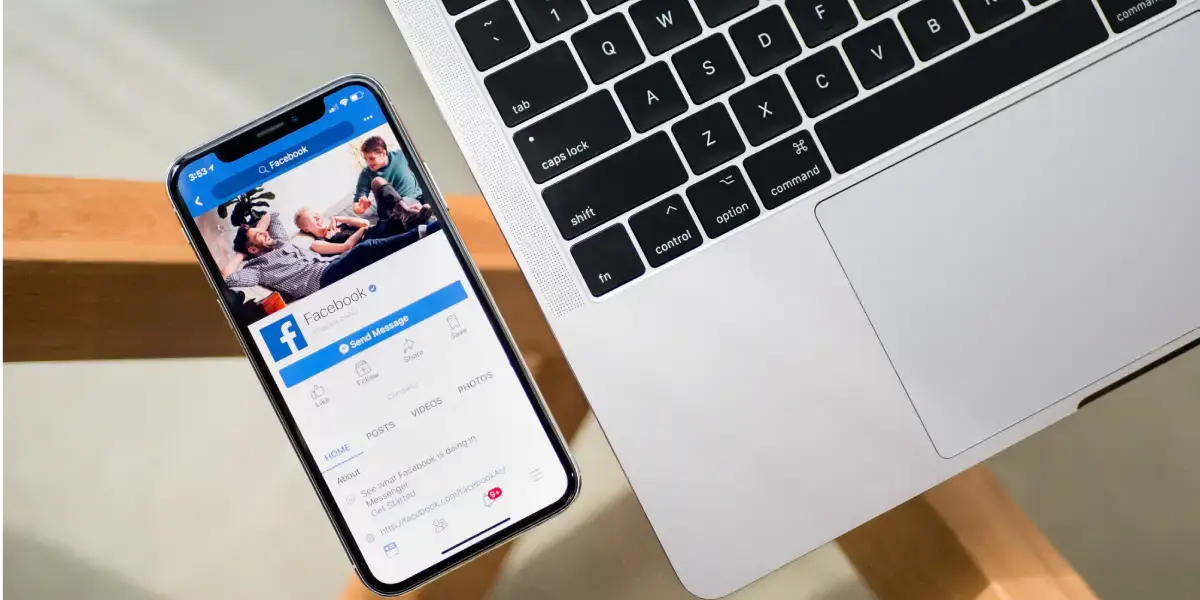Blog
Mobile App Development for Colleges

Educational institutions are increasingly acknowledging the profound influence that technology wields over various facets of college life. A particularly promising avenue for fostering innovation lies in the creation of bespoke mobile applications tailored specifically for colleges. These applications stand poised to redefine the dynamics of interaction, communication, and the retrieval of crucial information for students, faculty, and administrative personnel alike.
In this blog post, we’ll explore why colleges should consider developing their own mobile apps, the key benefits they offer. Additionally, the essential features they should have, and highlight how a well-designed app can greatly improve communication among everyone in college.
Why should colleges consider developing their own mobile apps?
Colleges should consider mobile app development as more than a passing fad; it's a strategic move to elevate the entire educational journey. These apps offer students a seamless gateway to college services, resources, and timely updates, all within arm's reach. Whether it's checking class schedules or keeping tabs on college events, everything is conveniently accessible. Furthermore, these apps can effectively close communication gaps by facilitating instant alerts, notifications, and announcements, ensuring students are always in the loop about crucial updates and deadlines. Among the numerous software companies involved in developing such mobile applications, SoftNEP, a mobile app development company, stands out as a provider of exceptional services for the development of such applications.
What are the key benefits of having a dedicated mobile app for colleges?
The key benefits of having a dedicated mobile app for colleges are:
Effective Administrative Process: The potential of a dedicated app extends to faculty and administration, empowering them to streamline administrative tasks effectively. Whether it's managing course enrollments or disseminating crucial documents, the app acts as a catalyst in simplifying intricate administrative workflows, thereby minimizing paperwork and reducing administrative burdens. This newfound efficiency translates to educators having the opportunity to allocate more time towards teaching and providing support to their students.
Tailored Learning Journeys: A thoughtfully designed app has the potential to provide tailored learning experiences. Students can monitor their academic advancement, access personalized suggestions, and participate in discussions with both peers and faculty members—all within the app. This degree of individualization nurtures a more impactful and efficient learning voyage, catering directly to distinct learning preferences and styles.
Efficient Communication: At the heart of a flourishing educational institution lies effective communication. A dedicated mobile app paves the way for instant notifications, ensuring swift delivery of crucial updates to students. From changes in class schedules to event reminders and even emergency alerts, the app acts as a bridge, fostering seamless communication among students, faculty, and administration. This not only boosts college safety but also fosters a sense of unity that is essential for a thriving academic environment.
What features should a college mobile app ideally include?
- Class Schedules and Alerts: Students should have the ability to easily retrieve their class schedules and receive timely notifications regarding any modifications or cancellations.
- College Navigation: An integrated map function aids students in navigating the college, pinpointing classroom locations, and identifying essential facilities.
- Event Calendar: An event calendar guarantees that students remain fully engaged in college happenings, ensuring they never miss out on workshops, seminars, and other activities.
- Digital Learning Resources: Seamless access to digital course materials, lecture notes, and assignments promotes an eco-friendly shift toward paperless learning.
- Collaborative Avenues: Discussion forums, group chat features, and collaborative study areas create a thriving environment for interaction among peers and faculty, fostering active engagement.
How can a mobile app enhance communication between students, faculty and administration?
A meticulously crafted mobile app has the potential to transform communication among students, faculty, and administration through the following avenues:
Instant Feedback Loop: The app empowers students to offer instantaneous feedback on courses and college services, facilitating a constant cycle of improvement.
Easily Reachable Faculty Support: Students gain effortless access to faculty members for inquiries and guidance, fostering an interactive and responsive learning atmosphere.
Streamlined Administrative Procedures: Through the app, faculty and administration can effortlessly disseminate updates, documents, and surveys, simplifying intricate administrative processes.
- Sales and Marketing Interns
- Quality Assurance Engineer
- Sales and Marketing Executive
- Laravel Developer Interns
- Software Engineering Interns
- Quality Control & Assurance Interns
- Business Comm & Support Interns
- DevOps Engineering Interns
- Senior Laravel Developer
- Telemarketing & Support Executive
- Digital Marketing and Customer Care Interns




